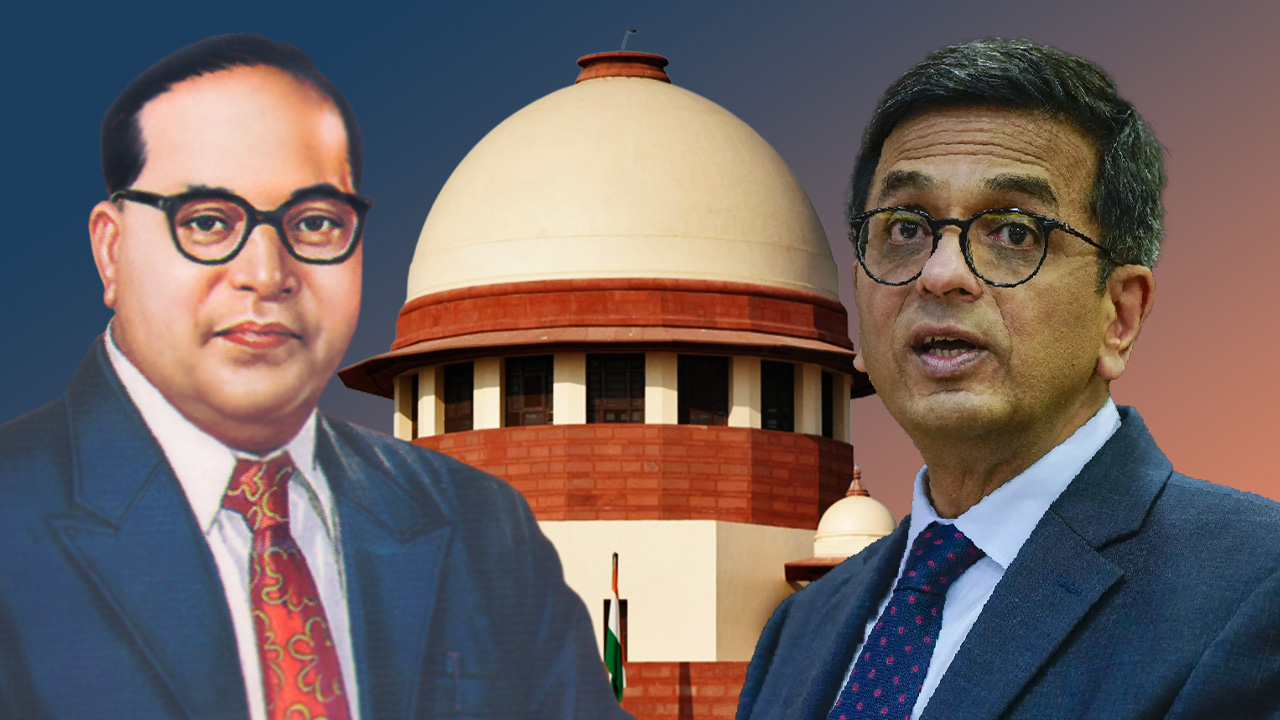 |
|
The Supreme Court of India has issued a landmark judgment that highlights the persistent issue of caste-based discrimination in the country, even after 75 years of independence. This judgment, authored by Chief Justice of India DY Chandrachud, came in response to a petition filed by journalist Sukanya Shanta, who brought to light the existence of caste-based segregation in prisons. The Court, in its ruling, declared unconstitutional the provisions in prison manuals of several states that mandated the allotment of work and segregation of prisoners based on their caste.
The judgment, delivered by a bench comprising CJI DY Chandrachud, Justices JB Pardiwala, and Manoj Misra, expressed deep concern over the enduring presence of caste discrimination in Indian society. The Court stated that despite the nation's long history of independence, it has been unable to eliminate this deeply entrenched social evil. The judges underscored the importance of a national vision for justice and equality that encompasses all citizens, emphasizing the need for concrete action to address the existing inequalities and injustices prevalent within the country.
The Court's judgment drew parallels between the current situation and the concerns expressed by Dr. B.R. Ambedkar in his final address to the Constituent Assembly. It recognized the historical context of caste-based discrimination in India, noting the centuries of violence, oppression, and humiliation faced by marginalized communities. The judgment further highlighted the deeply ingrained nature of the caste system, which created an environment where principles of natural justice were routinely disregarded. It emphasized the systematic exclusion of marginalized communities from social, economic, and political opportunities, perpetuating their marginalized status and denying them basic rights and dignity.
The Supreme Court's judgment serves as a stark reminder of the ongoing struggle against caste-based discrimination in India. It underscores the need for a comprehensive and systemic approach to address the deeply rooted inequalities that continue to plague the nation. The Court's call for real and quick steps to identify and dismantle discriminatory practices within institutions is crucial to fostering a more equitable and just society. The judgment also emphasizes the importance of providing a platform for marginalized communities to share their experiences and advocate for change, acknowledging the systemic discrimination they face. It is a significant step towards achieving the constitutional ideal of equality for all citizens, acknowledging the enduring legacy of the caste system and the need for continued efforts to dismantle its discriminatory structures.
